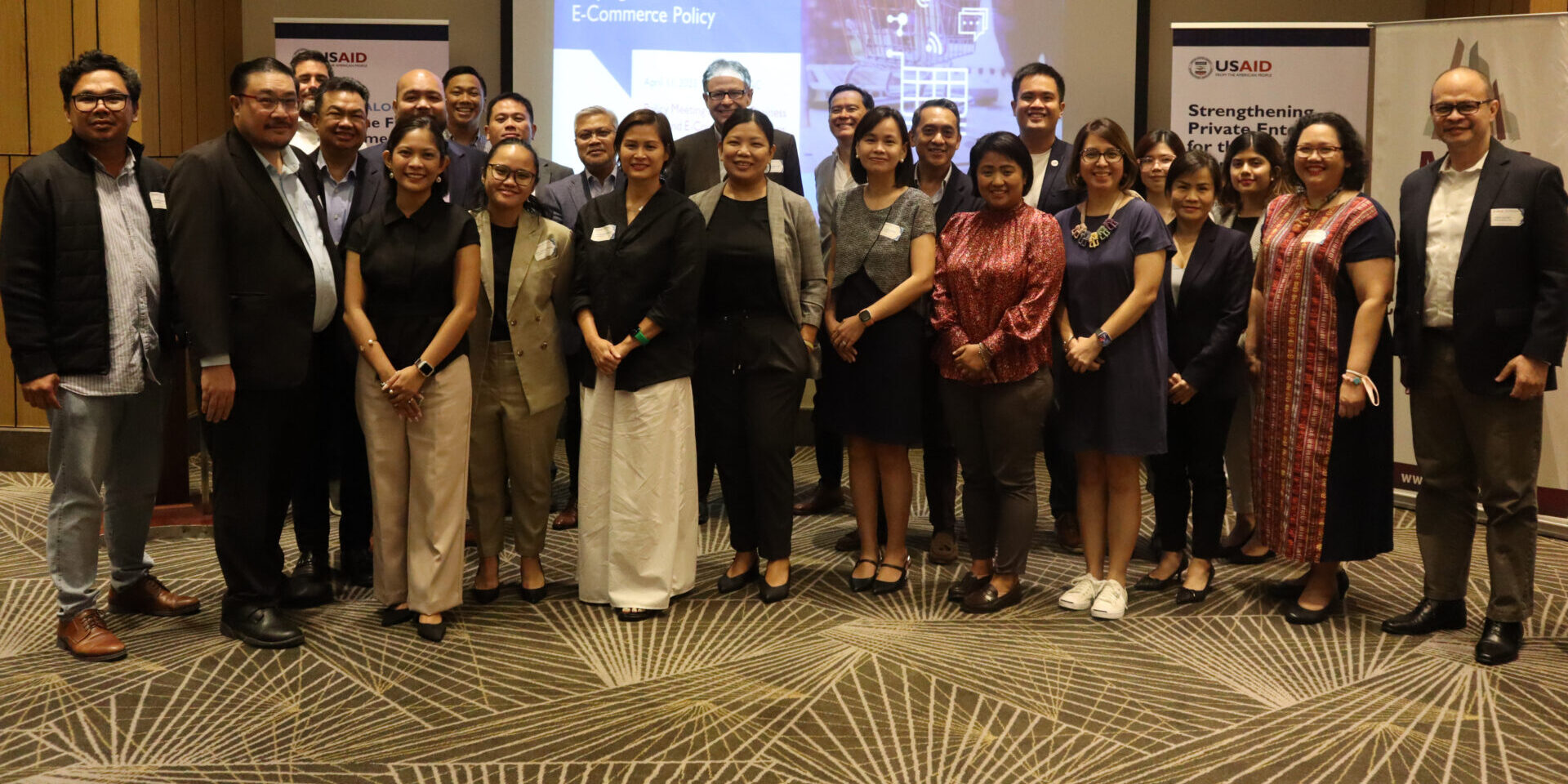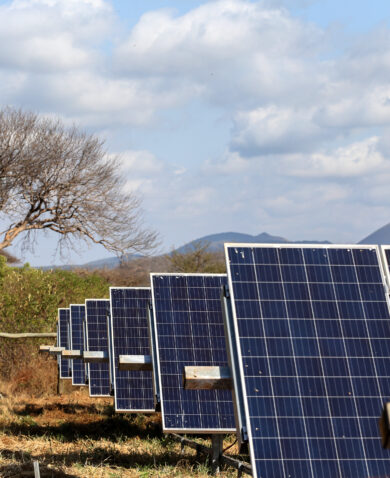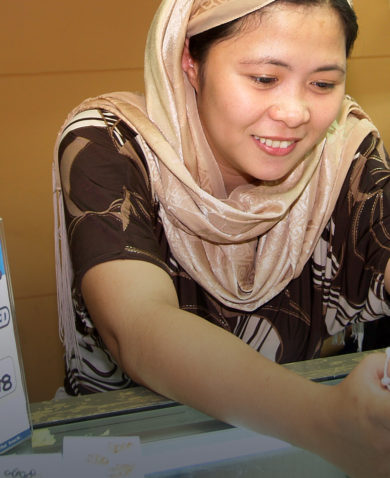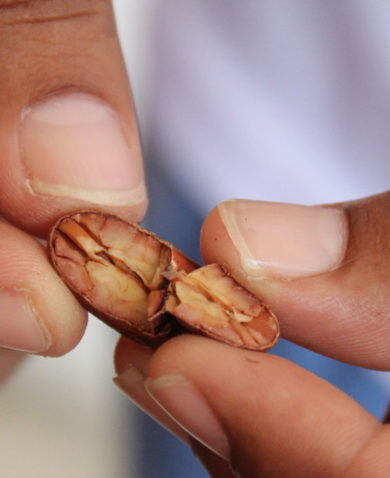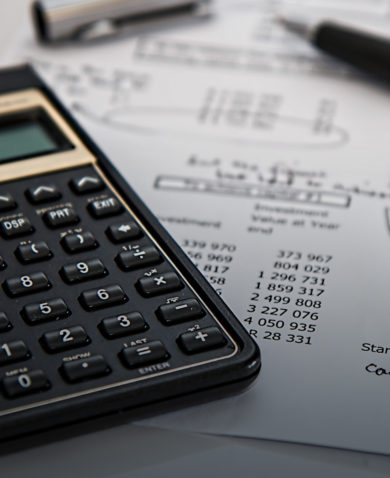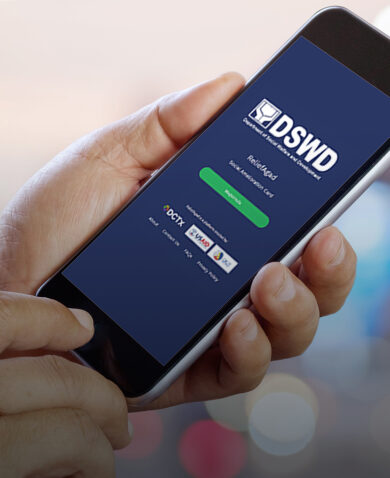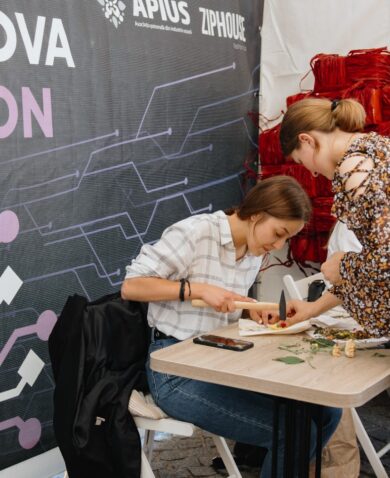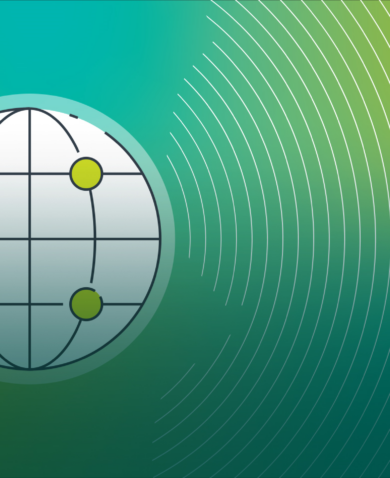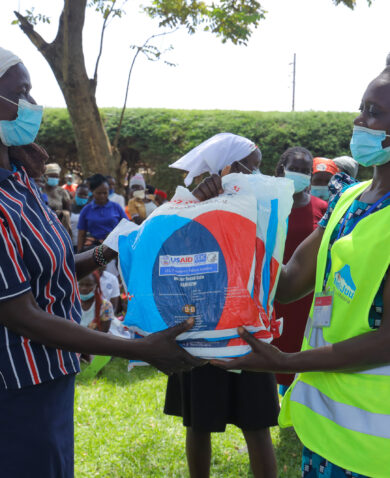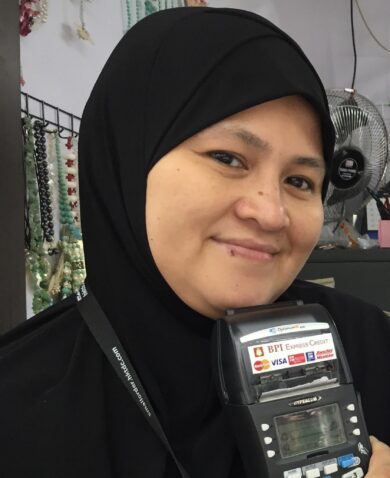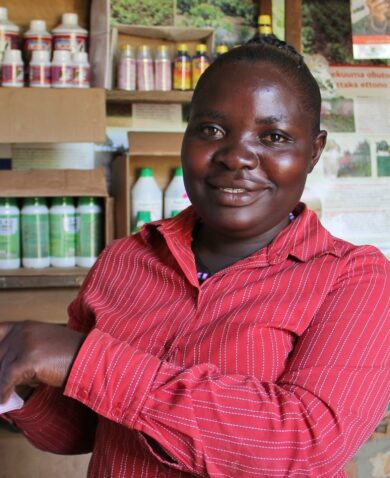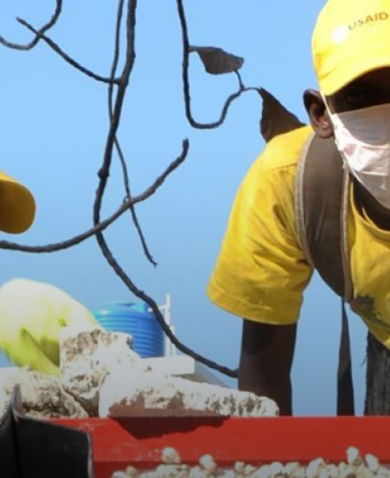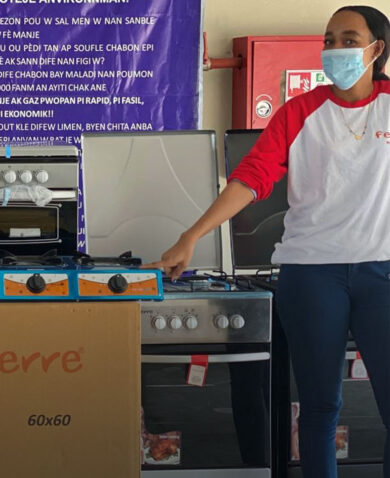USAID Philippines Strengthening Private Enterprise for the Digital Economy (SPEED) Activity
Growth prospects for the Philippines’ digital economy are promising; the internet economy grew by 32% from 2015 to 2019 and 93% from 2020 to 2021. However, the Philippines is falling behind regional peers in digital adoption. Longstanding distrust in digital transactions and limited digital infrastructure contributing to unequal access to services delivered via the internet continue to hinder participation in the digital economy.
SPEED’s implementation strategy anchors on lessons from two previous USAID, Chemonics-implemented projects – MABS and E-PESO, which showed that small and medium enterprises’ – or SMEs – barriers to transitioning to a digital economy are complex and deeply rooted in market-system rules, roles, and resources, including infrastructure. In underserved regions, SMEs often lack connectivity, capabilities, and capital to adopt digital technologies to transact on e-commerce platforms.
With the private sector and government partners including the Department of Trade and Industry (DTI) and Bangko Sentral ng Pilipinas (BSP), SPEED will build on existing market opportunities with functioning digital services and online platforms to facilitate SME adoption of e-commerce at scale. To reach the rapid adoption of e-payments for 20,000 SMEs, SPEED will work with a wide range of actors, from financial institutions to mobile network operators, technology providers, BSP, third-party aggregators, fintech, and businesses through a one-to-many approach serving to promote healthy competition while fostering cooperation to move the overall e-payments ecosystem toward increased interoperability.

